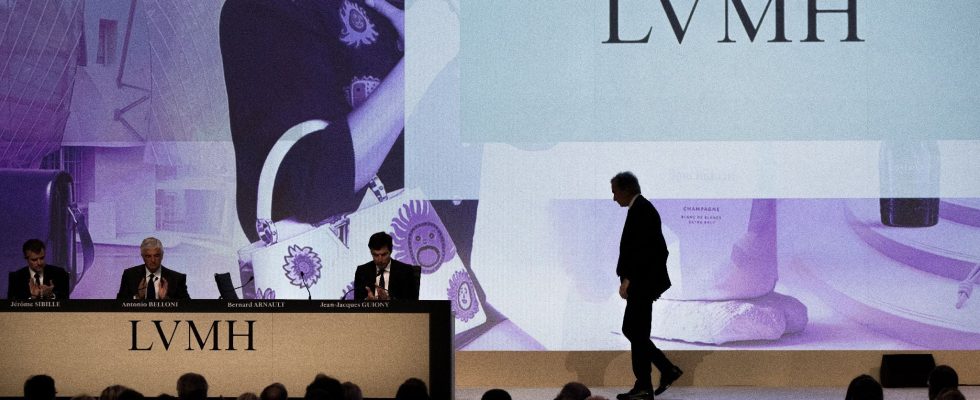The luxury sector is generally more associated with the quality of its craftsmen than with its ability to analyze customer data. Today, however, the first is no longer conceivable without the second. Luxury invests systematically in knowing its targets in order to anticipate their behavior, their immediate desires as well as long-term trends.
A Hermès, LVMH, Richemont today knows precisely who buys what and also who wants what. Online sales have obviously opened the way to a vast collection of customer data with consumption journeys followed precisely, and which is more akin to the purchase of a Tesla where the buyer will evaluate the merchandise in store to then buy it on the web. In 2025, the online sale of luxury items will represent 30% of purchases with shortened production cycles to better meet public demands. For luxury too, the “Time to market“Speed to market has become a key factor. It is to anticipate this trend that groups are creating dedicated platforms, for example to manage the second-hand market.
Another crucial issue for luxury is product traceability. Brands are aware that the slightest slippage in the manufacturing chain – indecent working conditions, employment of children or prisoners in certain countries – can result in a rapid death on social networks. Same concern for everything relating to the ecological footprint of the production chain. From now on, it is the thirty-somethings who are shaping this industry, and we will have to deal with their demands and their values.
Guest of this episode of Control-F, Michael Valentin, consultant at the Opeo firm, specialist in the industrial sector, discusses the challenges of the new technological obsession of the luxury giants.
The team: Frédéric Filloux (writing and presentation) and Jules Krot (editing and production).
Music and design: Emmanuel Herschon/Studio Torrent
Image credits: Alain Jocard/AFP
Logo: Anne-Laure Chapelain/Benjamin Chazal
How to listen to a podcast? Follow the leader.
